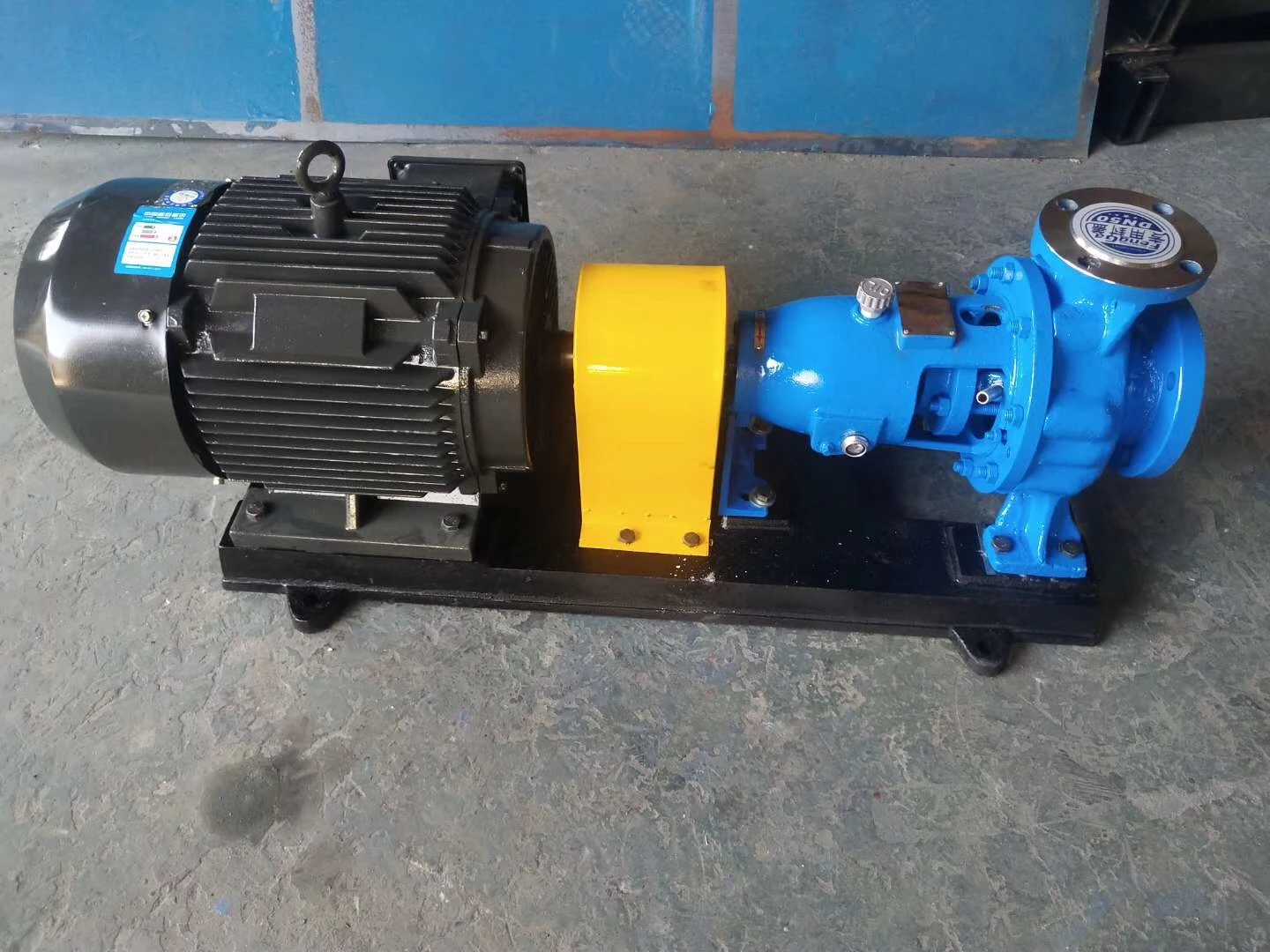Korean
- Afrikaans
- Albanian
- Amharic
- Arabic
- Armenian
- Azerbaijani
- Basque
- Belarusian
- Bengali
- Bosnian
- Bulgarian
- Catalan
- Cebuano
- Corsican
- Croatian
- Czech
- Danish
- Dutch
- English
- Esperanto
- Estonian
- Finnish
- French
- Frisian
- Galician
- Georgian
- German
- Greek
- Gujarati
- Haitian Creole
- hausa
- hawaiian
- Hebrew
- Hindi
- Miao
- Hungarian
- Icelandic
- igbo
- Indonesian
- irish
- Italian
- Japanese
- Javanese
- Kannada
- kazakh
- Khmer
- Rwandese
- Korean
- Kurdish
- Kyrgyz
- Lao
- Latin
- Latvian
- Lithuanian
- Luxembourgish
- Macedonian
- Malgashi
- Malay
- Malayalam
- Maltese
- Maori
- Marathi
- Mongolian
- Myanmar
- Nepali
- Norwegian
- Norwegian
- Occitan
- Pashto
- Persian
- Polish
- Portuguese
- Punjabi
- Romanian
- Russian
- Samoan
- Scottish Gaelic
- Serbian
- Sesotho
- Shona
- Sindhi
- Sinhala
- Slovak
- Slovenian
- Somali
- Spanish
- Sundanese
- Swahili
- Swedish
- Tagalog
- Tajik
- Tamil
- Tatar
- Telugu
- Thai
- Turkish
- Turkmen
- Ukrainian
- Urdu
- Uighur
- Uzbek
- Vietnamese
- Welsh
- Bantu
- Yiddish
- Yoruba
- Zulu
Telephone: +86 13120555503
Email: frank@cypump.com
12월 . 03, 2024 19:48 Back to list
Innovative Solutions for Efficient Chemical Pumping Systems and Applications
Understanding Chemical Pumps Essential Components in Industrial Applications
Chemical pumps are critical devices in various industries, enabling the safe and efficient transfer of chemicals from one location to another. From pharmaceuticals to petrochemicals, the proper selection and operation of chemical pumps are paramount in maintaining production efficiency and ensuring safety. This article delves into the different types of chemical pumps, their applications, and the factors to consider when selecting a pump for chemical handling.
Types of Chemical Pumps
Chemical pumps come in a variety of types, each designed for specific applications and fluids. Some of the most common types include
1. Centrifugal Pumps These pumps utilize rotational energy to move fluids. They are ideal for transferring low-viscosity liquids and are widely used in industries such as water treatment and chemical processing. Their design makes them efficient for continuous flow applications.
2. Positive Displacement Pumps These pumps operate by trapping a fixed volume of fluid and forcing it into the discharge pipe. They are particularly suited for handling viscous fluids or fluids with a high solid content. Gear pumps and diaphragm pumps are prevalent examples of positive displacement pumps.
3. Peristaltic Pumps Utilizing a series of rollers, peristaltic pumps compress a flexible tube to move liquids. This design is excellent for applications requiring gentle handling, such as food and biopharmaceutical industries.
4. Magnetic Drive Pumps These pumps feature a magnetic coupling, which eliminates the need for traditional mechanical seals. This makes them ideal for transferring hazardous or corrosive chemicals since they reduce the risk of leakage.
Applications of Chemical Pumps
Chemical pumps are employed across diverse sectors, reflecting their versatility. Here are some notable applications
- Chemical Manufacturing In this sector, pumps facilitate the transfer of raw materials to reactors and the movement of finished products to storage. The ability to handle corrosive and high-temperature substances is crucial.
- Water Treatment Chemical pumps play a vital role in dosing chemicals for water treatment processes, ensuring safe drinking water and effective wastewater management.
chemical pumps

- Pharmaceuticals Precision and hygiene are paramount in pharmaceuticals. Pumps used here must be robust, able to handle various viscosities, and compliant with stringent regulatory standards.
- Food and Beverage In this industry, pumps must ensure sanitary conditions while handling liquids. Peristaltic and diaphragm pumps are often preferred for their ability to prevent contamination.
Factors to Consider When Selecting Chemical Pumps
Choosing the right chemical pump involves considering several key factors
1. Chemical Compatibility The pump materials must be compatible with the chemicals being transported. For example, corrosive chemicals require pumps made from specialized alloys or thermoplastic materials.
2. Flow Rate Requirements Understanding the desired flow rate and pressure conditions is essential for selecting an appropriately sized pump.
3. Viscosity of the Fluid The viscosity affects not only the type of pump to use but also its performance. High-viscosity fluids may require positive displacement pumps.
4. Safety Features Given the often hazardous nature of chemicals, safety features such as leak detection systems and mechanical seals are critical.
5. Energy Efficiency In an era of increasing energy costs, selecting an energy-efficient pump can lead to significant cost savings over time.
Conclusion
Chemical pumps are indispensable in industrial operations that involve the handling of various chemicals. Understanding the different types, applications, and selection criteria is essential for optimizing performance and ensuring safety. As industries continue to evolve, advanced pumping solutions will play an integral role in meeting the growing demands for efficiency and sustainability. Implementing the right chemical pump technology can enhance operational efficiency and ensure compliance with safety standards, ultimately contributing to a more productive industrial landscape.
-
Reliable Non-Clog Sewage Pumps with GPT-4-Turbo Tech
NewsAug.04,2025
-
High-Performance Air Pumps for Sand & Gravel | Efficient Transport
NewsAug.03,2025
-
ISG Series Vertical Pipeline Pump - Chi Yuan Pumps Co., LTD.|Energy Efficiency, Corrosion Resistance
NewsAug.03,2025
-
ISG Series Pipeline Pump - Chi Yuan Pumps | Energy Efficiency&Compact Design
NewsAug.03,2025
-
ISG Series Vertical Pipeline Pump - Chi Yuan Pumps Co., LTD.|High Efficiency, Low Noise, Durable
NewsAug.02,2025
-
ISG Series Vertical Pipeline Pump - Chi Yuan Pumps | High Efficiency, Low Noise
NewsAug.02,2025










